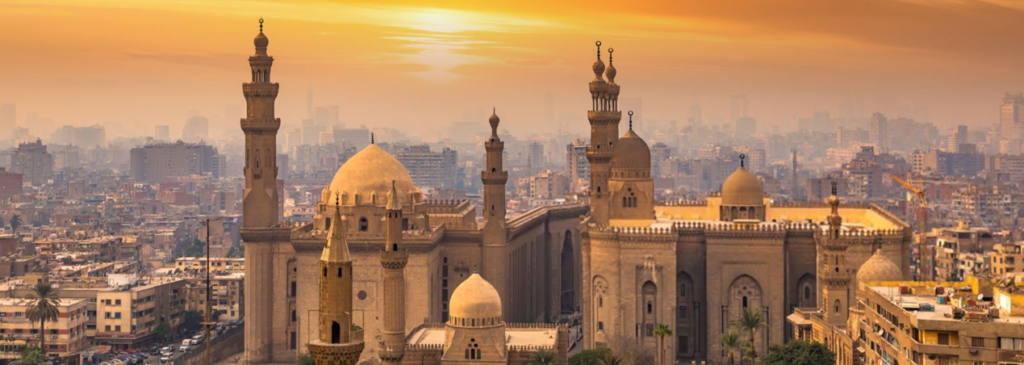
Islam, one of the world’s major religions, traces its origins back to the early 7th century in the Arabian Peninsula. It began with the revelation of the Quran to Prophet Muhammad صلى الله عليه وسلم (Peace Be Upon Him) in the year 610 AD. The city of Mecca, located in present-day Saudi Arabia, was the birthplace of Islam.
Muhammad صلى الله عليه وسلم as the final prophet and messenger of Allah (God), received divine revelations over a period of 23 years. These revelations, which were compiled into the Quran, formed the basis of Islamic teachings and principles. Muhammad’s mission was to convey the message of monotheism, social justice, and moral guidance to humanity.
In the early years, Muhammad صلى الله عليه وسلم faced opposition from the powerful tribes of Mecca, who were resistant to the new faith. In 622 AD, he and his followers migrated to the city of Medina in what is known as the Hijra. This event marked the beginning of the Islamic calendar and established the first Islamic state in Medina.
Over time, Islam spread rapidly across the Arabian Peninsula and beyond, gaining followers from various backgrounds. Muhammad’s leadership and teachings guided the development of a cohesive Muslim community, fostering principles of justice, compassion, and unity among its members.
After several military campaigns, the city of Mecca was peacefully conquered by the Muslims in 630 AD, and the Kaaba, a sacred sanctuary, was cleansed of idols and rededicated to the worship of Allah. Muhammad صلى الله عليه وسلم continued to receive revelations until his passing in 632 AD.
Following the Prophet’s death, his companions, known as the caliphs, succeeded him in leading the Muslim community. The first four caliphs—Abu Bakr, Umar, Uthman, and Ali—played crucial roles in the expansion and governance of the Islamic empire, which stretched from Spain in the west to India in the east.
The history of Islam encompasses diverse periods and empires, including the Umayyad, Abbasid, and Ottoman caliphates. Islamic civilization flourished, making significant contributions to fields such as science, art, literature, and philosophy. Muslim scholars preserved and advanced knowledge from ancient civilizations, laying the foundation for the Renaissance in Europe.
Today, Islam is a global religion with over 1.8 billion followers worldwide. It is practiced by diverse communities, each contributing to the rich tapestry of Islamic culture and heritage.
By understanding the history of Islam, we can appreciate its profound impact on the world, its principles of peace and justice, and the contributions it has made to human civilization throughout the centuries.
